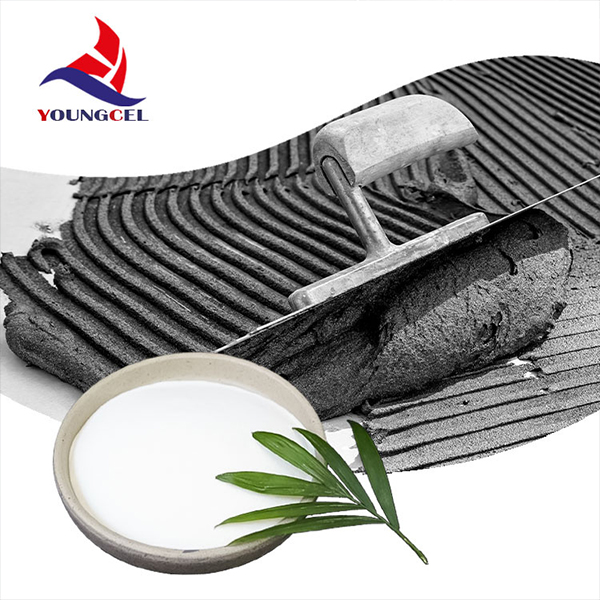Understanding HPMC Detergents A Comprehensive Overview
Hydroxypropyl Methylcellulose (HPMC) detergents have garnered significant attention in recent years due to their unique properties and applications across various industries. HPMC, a cellulose derivative, is primarily used in the formulation of cleaning products, providing both functional advantages and environmental benefits. This article delves into the properties, applications, benefits, and considerations associated with HPMC detergents.
Properties of HPMC Detergents
HPMC is a non-ionic polymer composed of hydroxypropyl and methyl groups. It is known for its excellent solubility in water and its ability to form viscous solutions. One of the remarkable properties of HPMC is its thermoreversible gelation, allowing it to change from a gel state to a liquid state with temperature variations. This characteristic can be instrumental in formulating detergents that require specific performance criteria under certain conditions.
Additionally, HPMC detergents offer optimal viscosity control, which enables formulators to create products with the desired texture. The polymer also exhibits strong adhesive properties, enhancing the effectiveness of cleaning formulations. Importantly, HPMC is biodegradable and non-toxic, making it a more sustainable choice compared to traditional synthetic detergents.
Applications of HPMC Detergents
HPMC detergents find applications in a variety of sectors, including household cleaning, personal care, and industrial cleaning. In household cleaning products, HPMC is utilized in formulations for laundry detergents, dishwashing liquids, and surface cleaners. Its excellent cleaning performance, coupled with its ability to prevent redeposition of dirt onto surfaces, makes it an ideal choice for these applications.
In the personal care sector, HPMC is widely used in shampoos, conditioners, and body washes due to its thickening properties and ability to impart a smooth texture. Furthermore, its mild nature makes it suitable for sensitive skin formulations, appealing to a broader consumer base.
The industrial cleaning sector also benefits from HPMC detergents, particularly in formulations for heavy-duty cleaning applications. Its strong emulsifying and suspension properties make it effective in breaking down and removing oils, greases, and other stubborn contaminants.
hpmc detergente

Benefits of HPMC Detergents
One of the significant benefits of using HPMC in detergent formulations is its environmental friendliness. With increasing awareness of ecological issues, consumers are seeking products that are less harmful to the environment. HPMC, being biodegradable, offers a sustainable alternative to conventional synthetic surfactants.
Moreover, HPMC detergents are versatile in formulation, allowing manufacturers to create products with varying viscosities and pH levels. This flexibility enables the customization of cleaning products to meet specific consumer demands.
Another advantage is the mildness of HPMC on the skin, making it suitable for various personal care products. It does not cause irritation, which is especially important for products used on skin and hair.
Considerations When Using HPMC Detergents
While HPMC detergents present numerous advantages, there are some considerations to keep in mind during formulation. The concentration of HPMC must be carefully balanced to achieve the desired viscosity without compromising the solubility. It may also require some experimentation to find the optimal combination with other ingredients to ensure stability and effectiveness.
Additionally, cost considerations can arise, as HPMC can be more expensive than conventional surfactants. Manufacturers must weigh the benefits of using HPMC against the overall cost-effectiveness of their products.
Conclusion
In conclusion, HPMC detergents represent an innovative and environmentally friendly option in the cleaning products market. With their exceptional properties, versatility, and mildness, they are well-positioned to meet the growing demand for sustainable and effective cleaning solutions. As industries move towards greener alternatives, HPMC continues to gain traction, promising a cleaner and safer future for both consumers and the environment.






